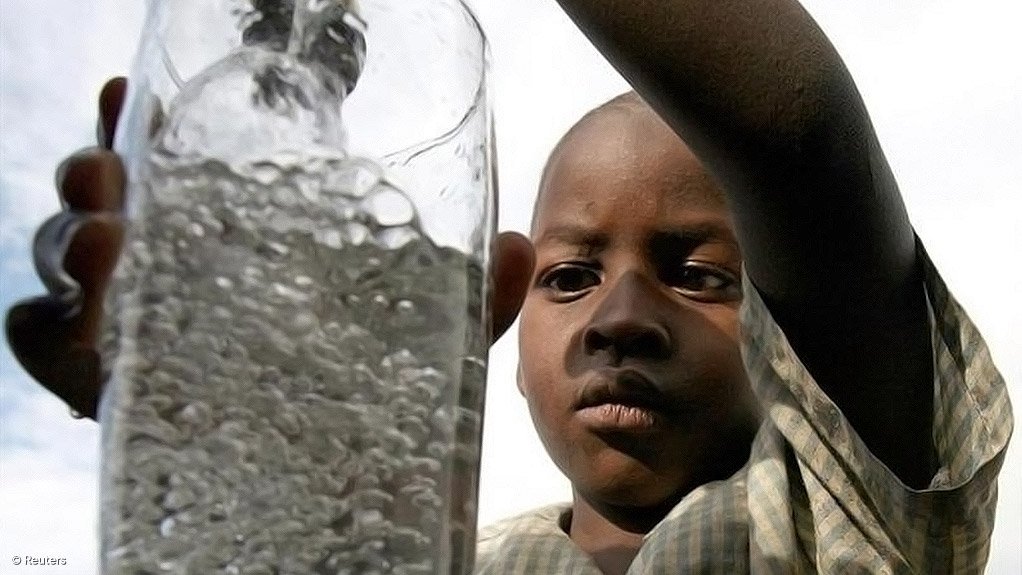/ MEDIA STATEMENT / The content on this page is not written by Polity.org.za, but is supplied by third parties. This content does not constitute news reporting by Polity.org.za.
There is a large dependence by communities in Southern African Development Community (SADC) on groundwater for health and well-being, food production, and economic growth. Groundwater is increasingly becoming a resource of choice for people in the SADC region as climate variability alters the amount of surface water that is available, which is already challenged by threats of depletion and pollution. The sustainable management of groundwater is critical for the region, particularly in transboundary aquifers where the potential for conflict is heightened. The SADC Groundwater Management Institute (SADC-GMI) plays a critical role in supporting Member States to improve their groundwater management capabilities.
Equitable and sustainable management of critical groundwater resources will give the SADC region an opportunity to prosper as climate change impacts are increasingly experienced globally. As the world celebrates World Water Day on March 22 under the theme “Leaving no one behind”, SADC – Groundwater Management Institute celebrates the theme with “Water for all means Groundwater”
“World Water Day allows us to express the importance of groundwater in the region. We view groundwater as critical to the future of the agricultural and industrial sectors, and people in the region, particularly in the rural areas, where the majority largely dependent on it. Groundwater is also a regional issue as countries in the region share aquifers. Collaboration on water is critical for peace and socio-economic development in SADC and to achieve the SDG 6,” said James Sauramba, Executive Director of the SADC-Groundwater Management Institute.
The SADC region has about 280 million people of which 40% of the population has no access to an adequate safe drinking water supply whilst more than 60% has no access to adequate sanitation services.
Climate change, poor infrastructure operation and maintenance, population growth, pollution, and rapid urbanisation are all challenges impacting groundwater sustainability and development in the region where concerted efforts are called for in order to mitigate the resultant negative impacts on the population.
“Food security is now high on the international political agenda, following the peak prices of 2008 and the financial crisis of 2009. Groundwater will squeeze the gap on demand for food, energy and water in the next 20 years, driven by growing population coming out of poverty which will ultimately put pressure on food prices,” said Sauramba.
It is estimated that over 70% of the 280 million people living in the SADC region rely on groundwater as their primary source of water. Groundwater resources face a number of risks including pollution, depletion from over abstraction due to rapidly growing water demand and the impacts of climate change
A typical example of the mismatch between availability of groundwater and its utilization is demonstrated through the example of the city of Dodoma in Tanzania. Groundwater makes up 70% of the city's water supply. However, Tanzania only uses 2% of its groundwater resources potential whereby approximately 462 million cubic metres per annum is used in comparison to the 21 200 million cubic million metres available.
Issued by Groundwater Management Institute
EMAIL THIS ARTICLE SAVE THIS ARTICLE ARTICLE ENQUIRY
To subscribe email subscriptions@creamermedia.co.za or click here
To advertise email advertising@creamermedia.co.za or click here











